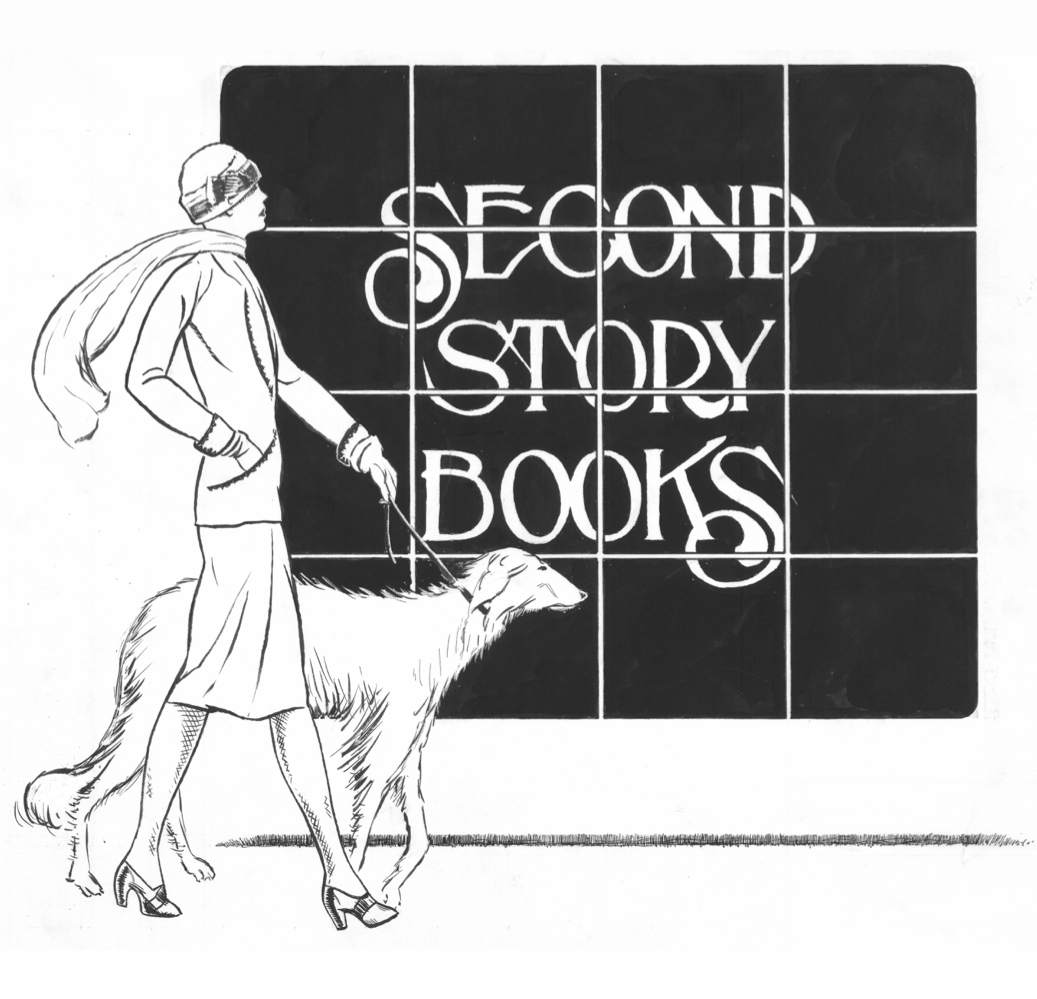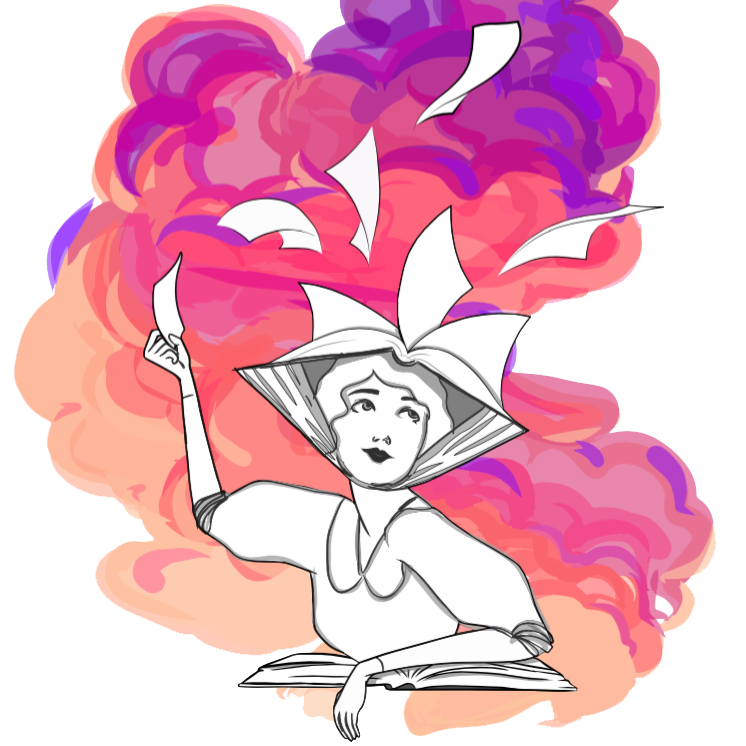ANTOINE-LAURENT LAVOISIER | 1791 AUTOGRAPH LETTER
Paris: 1791. Autograph Letter (4 in. x 6.25 in.), 1 page. Dated July 13, 1791. In French, with an integral address sheet. This is an invitation to Henry Temple, 2nd Viscount Palmerston, to dine with Lavoisier on July 18, 1791. The letter has the usual folds, paper loss (without affecting text) on address sheet where seal was broken, and residue along the crease of letter, apparently from being formerly attached to a larger sheet or album. Consignment. Shelved in Case 0.
1348796
Shelved Dupont Bookstore
Price: $2,000
NOTES
Antoine-Laurent de Lavoisier (1743-1794) was a French chemist who was central to the 18th-century chemical revolution and who had a large influence on both the history of chemistry and the history of biology. He is widely considered in popular literature as the "father of modern chemistry." In 1771 at age 28, he married Marie-Anne Pierrette Paulze (1758-1836), who was to play an important part in Lavoisier's scientific career-she translated English documents for him, assisted him in the laboratory, and created many sketches and carved engravings of the laboratory instruments used by Lavoisier and his colleagues for their scientific works. Madame Lavoisier edited and published Antoine's memoirs and hosted parties at which eminent scientists discussed ideas and problems related to chemistry. During France's Reign of Terror, Lavoisier was convicted of treason and guillotined on 8 May 1794 in Paris, at the age of 50.
Henry Temple, 2nd Viscount Palmerston (1739-1802) was a British politician. He was member of the British House of Commons and appointed to the Board of Trade in 1765, served as Lord Commissioner of the Admiralty between 1766 and 1777, and as a Lord of the Treasury from 1777 to 1782. He spent two months in France, from July 6 - August 31, 1791, where his diary largely recounts political details from his observing of the National Assembly.





